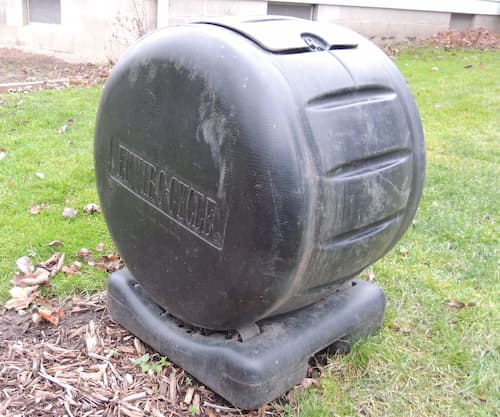Composting Do's and Don'ts

Composting What to Do and What Not To Do
For experienced gardeners, composting is an easy and money-saving way to produce more fruits, vegetables, flowers, and herbs. For the gardening “newbies”, it can be just a little daunting until you realize, that there isn’t much to it. And it’s hard to make a listing mistake. Perhaps the biggest thing you need to learn is what to put into your composting project, and what not to put into it. Listed below are some of the Composting Do’s and Composting Don’ts to help you quickly and efficiently compost. Armed with this information, you will quickly become an expert.
The other thing to keep in mind is to create a balance. You should put lots of plant matter into your project. But, don’t put in too much of any one thing. For example, if you just put grass clippings into a composter, you have a stinky, slimy mess. Conversely, if you put just dried leaves or sawdust in, nothing will happen. However, if you put roughly equal portions of grass clippings and leaves in and mix them together, you will see good results.
Composting Do's
Stir the pile frequently, to maximize air penetration.
Keep the pile moist.
Chip or shred larger branches and plant stalks. The more surface area bacteria and other microorganisms have to work with, the quicker the decomposition.
Use garden, yard, and kitchen plant wastes.
Keep materials loose, to allow air circulation
Use a variety of organic materials
Put worms in an open compost pile, but not a compost barrel, bin, or tumbler. The high heat will kill them.
Use garden gloves when working with compost.
- Use a mask, if you have allergies or have asthma.
Composting Don'ts
Do not put animal remains meat, or fats in the pile. They attract unwanted “critters”.
Do not put grass clippings too thickly, they smell as they decay.
Do not put diseased plants of any kind, into the compost pile. Plant disease over-winters in a pile, and re-infests your garden next year.
Do not include any inorganic material in the compost.
Do not use materials that have been treated with any kind of chemicals (insecticides, fungicides, herbicides, etc.).
Related Articles
People who like this article will also like:
Please support our site. Shop for:
- rmmatthews100@hotmail.com
- 585-721-6528
- Rochester, NY
©1999-2024 GardenersNet.Com, All Rights Reserved

